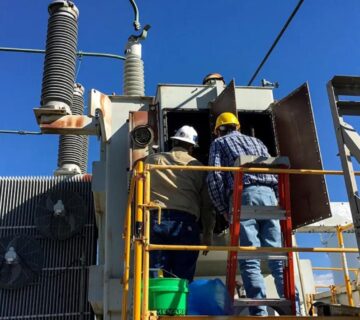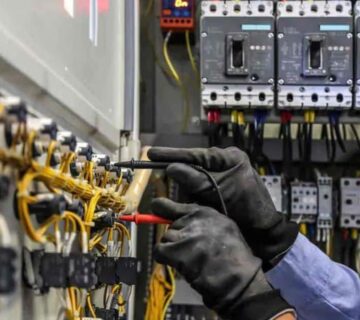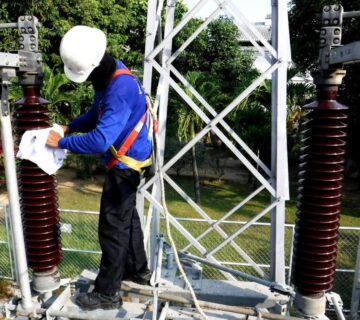Businesses need a well-maintained electrical system to minimize downtime and ensure efficient power distribution. In order to improve electrical reliability and avoid expensive failures, cable installation, transformer servicing, and maintenance are crucial steps in this process.
1. Cable Laying and Power Distribution
Proper cable laying ensures efficient energy transmission, reducing power losses and electrical faults. Well-planned cable laying prevents overheating, electrical interference, and potential breakdowns, keeping power systems stable and efficient.
2. Why Transformer Servicing Matters
Frequent maintenance of the transformer extends its lifespan, guards against malfunctions, and guarantees that industries will always have power. Transformers that receive routine inspections and maintenance are better able to detect possible problems early on, preventing unplanned shutdowns and expensive repairs.
3. The Need for Regular Transformer Testing
Routine transformer testing detects faults early, preventing costly repairs and ensuring optimal performance. Comprehensive transformer testing involves electrical diagnostics, insulation resistance checks, and performance assessments to maintain transformer efficiency.
4. Substation Testing for Improved Power Management
Industries rely on substation testing to maintain stability and avoid unexpected outages. Regular substation testing ensures that critical components function correctly, reducing risks of power disruptions and enhancing safety in industrial environments.
5. Substation Servicing for Long-Term Performance
Periodic substation servicing helps improve efficiency and ensures electrical safety. By conducting scheduled substation servicing, businesses can prolong equipment lifespan, minimize downtime, and maintain a steady power supply.
Conclusion
For a reliable power system, businesses must invest in proper cable laying, transformer servicing, transformer testing, substation testing, and substation servicing. These practices ensure efficient energy distribution, prevent failures, and enhance overall power system reliability.








No comment